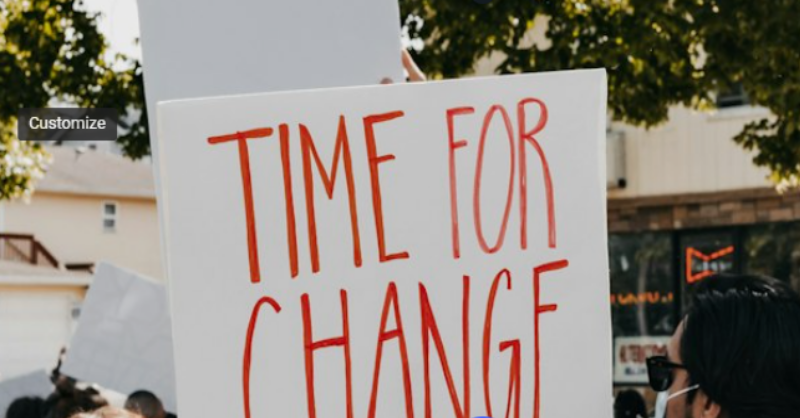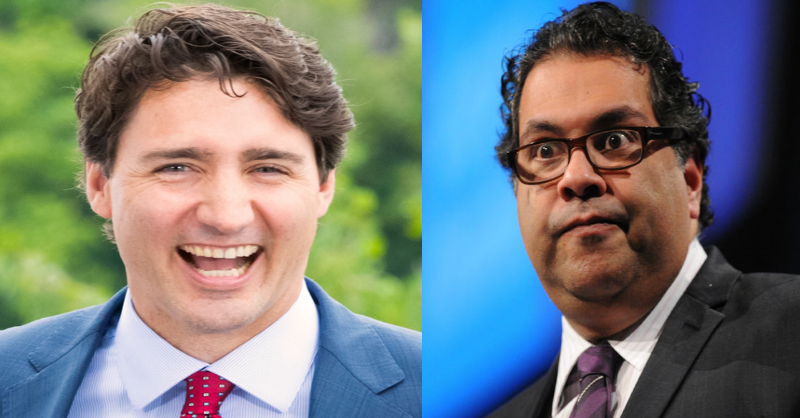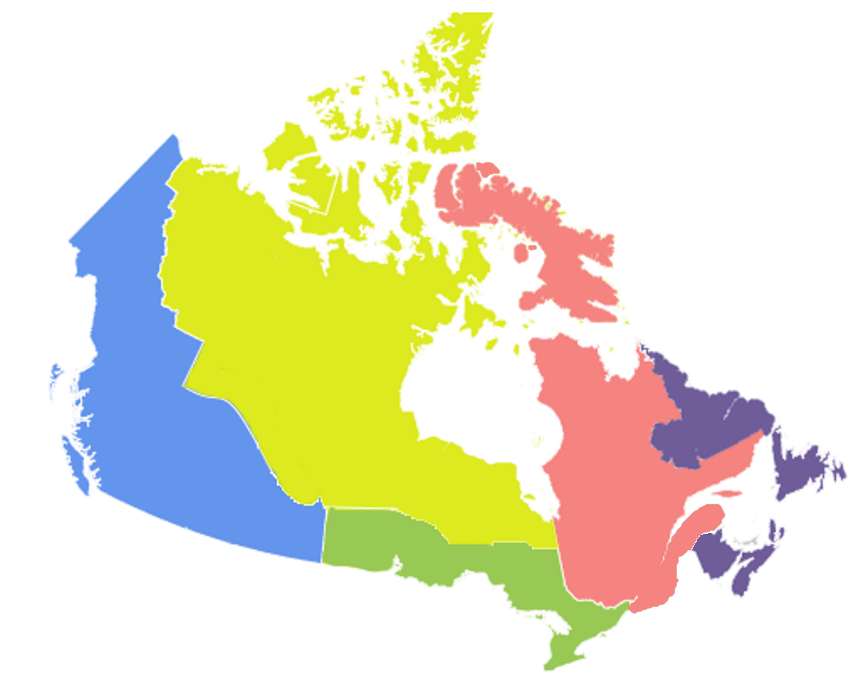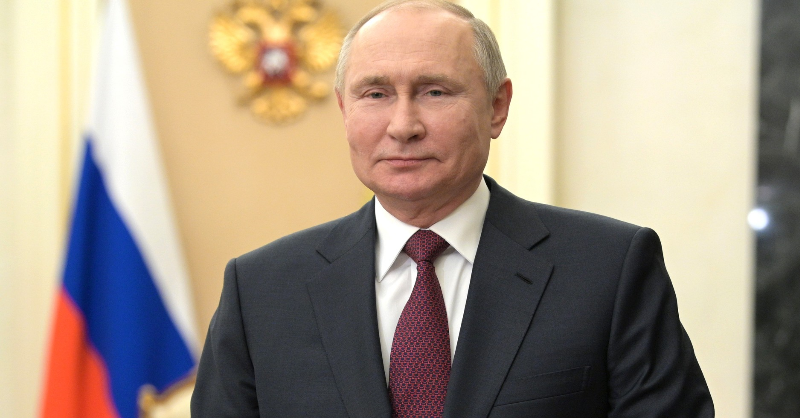On June 23, 2025, a Canadian citizen named Johnny
Noviello died while in the custody of U.S. Immigration and Customs
Enforcement at the Krome North Service Processing Centre in Miami,
Florida. As news of his death emerged, headlines flashed across
Canadian and American media outlets with phrases like "Canadian
dies in ICE custody" or "Canada demands answers after
citizen dies in U.S. detention". The implication was clear: an
innocent Canadian man had perished under suspicious and possibly
cruel conditions in one of Trump's detention centres, and Canadians should be angry. But as with so many
things, what was glaringly absent from
these emotionally charged headlines was context. Specifically, the
context of who Johnny Noviello actually was, what he had done, and
why he was in ICE custody to begin with. And what this omission
reveals about the state of modern journalism is far more unsettling than his death.
Let's begin with the facts the media chose to bury in the lower paragraphs of their stories.
Noviello was not simply an average
Canadian traveler who took a wrong turn or overstayed a visa. He was
a convicted drug trafficker with an extensive criminal record in
Florida. In October 2023, he was found guilty in Volusia County,
Florida, of serious charges including racketeering and trafficking in
powerful opioids such as oxycodone and hydrocodone. The scope of the
charges paints a clear picture of a man not dabbling in minor street
crime, but deeply involved in the distribution of highly addictive
and destructive drugs. These are not the actions of someone caught
with a joint or a few grams of cannabis. These are the hallmarks of
organized narcotics trafficking—crimes that fuel addiction, destroy
communities, and cost lives.
After serving his sentence, Noviello was arrested
by ICE on May 15, 2025, at his probation office in Daytona Beach. The
arrest was not random, nor was it politically motivated. It was based
on established federal law that permits the detention and deportation
of lawful permanent residents who are convicted of certain
crimes—drug trafficking among them. Noviello had been a lawful permanent
resident in the U.S. since 1991, but that status comes with
conditions. He violated those conditions and, following legal procedure, was detained to begin
the deportation process.
And yet, none of this seemed to matter to the
media. The bulk of coverage—particularly from Canadian
sources—focused on the conditions of his detention, on the grief of
his family, on the Canadian government's outrage. The CBC, CTV, The
Guardian, and other major outlets ran emotionally charged stories
emphasizing the family's lack of information, the allegedly dangerous
nature of the facility he was held in, and the urgency with which
Canada was demanding answers. Few mentioned his criminal history in
the headline. Some buried it entirely. In this way, the media
effectively scrubbed the narrative clean of any nuance, allowing the
average reader to assume that a Canadian citizen had died at the
hands of a callous American immigration system for no discernible
reason. They banked on Canadians not reading the full story.
This isn’t journalism. This is narrative
engineering. And it is part of a broader trend that should concern
anyone who values truth over clickbait, facts over outrage, and
context over chaos.
It’s impossible to view this incident outside of
its political context. Trump’s stance on immigration has always
been a lightning rod. From his calls to build a wall along the
Mexican border to his aggressive expansion of ICE authority during
his first term, Trump’s policies have been relentlessly polarizing.
As the media increasingly reorients itself not toward informing the
public but toward producing emotion—preferably anger—stories like
Noviello’s become useful tools.
Enter what can only be called rage farming. Rage
farming is the practice of selectively presenting information—or
withholding it entirely—to provoke outrage and engagement. It’s
why the same article about Noviello can run two very different ways:
one headline saying "Canadian drug trafficker dies in ICE
custody" (factual but unlikely to spark widespread sympathy),
and another saying "Canada demands answers after citizen dies in
ICE custody" (vague and emotionally loaded). Guess which one
gets more clicks, more shares, and more furious comments?
The latter, of course. Because modern media
platforms don’t reward accuracy—they reward engagement. And
engagement thrives on anger. Anger at the U.S. immigration system.
Anger at Trump. Anger at conservatives. Anger at perceived
inhumanity. The truth? That’s a secondary concern, if it’s
considered at all.
The real headlines should have been: “Canadian
drug trafficker dies in U.S. custody”.
But, none of this is new. Canadian outlets have
long operated in a peculiar state of smug moral superiority when
covering U.S. politics. Trump in particular is treated not as a
foreign politician but as a domestic threat—despite not being on
any Canadian ballot. Stories about American immigration, race
relations, or policing are often used as proxy wars for Canadian
identity crises, allowing our media class to wag fingers southward
while ignoring our own rot at home.
What’s especially revealing is how this story
intersects with another recent media narrative: growing Canadian
anxiety over Trump’s renewed threats of tariffs and the floating of
annexation rhetoric. As economic uncertainty and diplomatic tensions
flare, Canadian media is more than willing to stoke nationalist fear
and anger by pointing to any incident that paints Trump’s America
as a menace to Canadian dignity. The death of a Canadian in ICE
custody becomes just another spark to ignite a firestorm of
anti-Trump sentiment, an emotional stand-in for trade anxiety and
sovereignty fears. They’re drawing a direct line from a drug
trafficker’s death to a broader ideological crusade, and they know
it sells.
In Noviello’s case, this translated into a media
blitz designed to whip up a sense of national grievance. There was
less concern about the legality of his detention or the legitimacy of
his conviction. Those were inconvenient details. What mattered was
the opportunity to paint the U.S.—specifically the Trump-aligned
parts of it—as brutal, unjust, and hostile to Canadians. It is
ironic, then, that these same outlets often preach about the
importance of facts and context in journalism. When those facts
interfere with the desired emotional outcome, they vanish.
This kind of coverage has real-world consequences.
It distorts public perception. It encourages policy responses based
on hysteria rather than reason. And it undermines legitimate
concerns—because make no mistake, there are real issues with ICE
detention centres. There are real questions to be asked about how
detainees are treated, how deaths are investigated, and how medical
emergencies are handled. But when those legitimate issues are wrapped
in a veil of half-truths and selective omissions, the credibility of
the entire conversation collapses.
It’s also worth noting that not all Canadian
deaths in foreign custody receive this level of attention. When
Canadians die in custody in countries that are not politically useful
to criticize—say, China or Iran—the coverage is more cautious,
more limited, and less emotionally provocative. There are no
month-long outrage cycles. There is no saturation of headlines. The
difference? There’s no political advantage in criticizing those
governments. But in criticizing Trump’s America, there is always
political capital to be gained in Mark Carney's Canada.
This isn’t journalism serving democracy. It’s
propaganda serving ideology.
We deserve better. Canadians deserve to know the
full truth of what happened to Johnny Noviello—not just the
sanitized, outrage-ready version. That means acknowledging that he
was not an innocent man plucked off the street. He was a convicted
drug trafficker detained under laws that have existed across multiple
administrations, Republican and Democrat alike. It also means
demanding transparency and accountability for the conditions that led
to his death. It’s possible to do both. We can hold systems to
account without whitewashing the people caught up in them. But that
requires a commitment to truth, not just to narratives.
At the end of the day, Noviello’s death should
prompt difficult questions. About detention conditions. About the
balance of law enforcement and human rights. About how media shapes
public understanding. But we should not allow his criminal past to be
erased in the process, nor should we fall for a media apparatus that
increasingly treats outrage as its product and the truth as its
casualty. The public isn’t just being informed anymore—we’re
being manipulated. And when even death becomes an opportunity to
manufacture moral outrage at the expense of facts, we must ask
ourselves: what else is being manipulated?

































